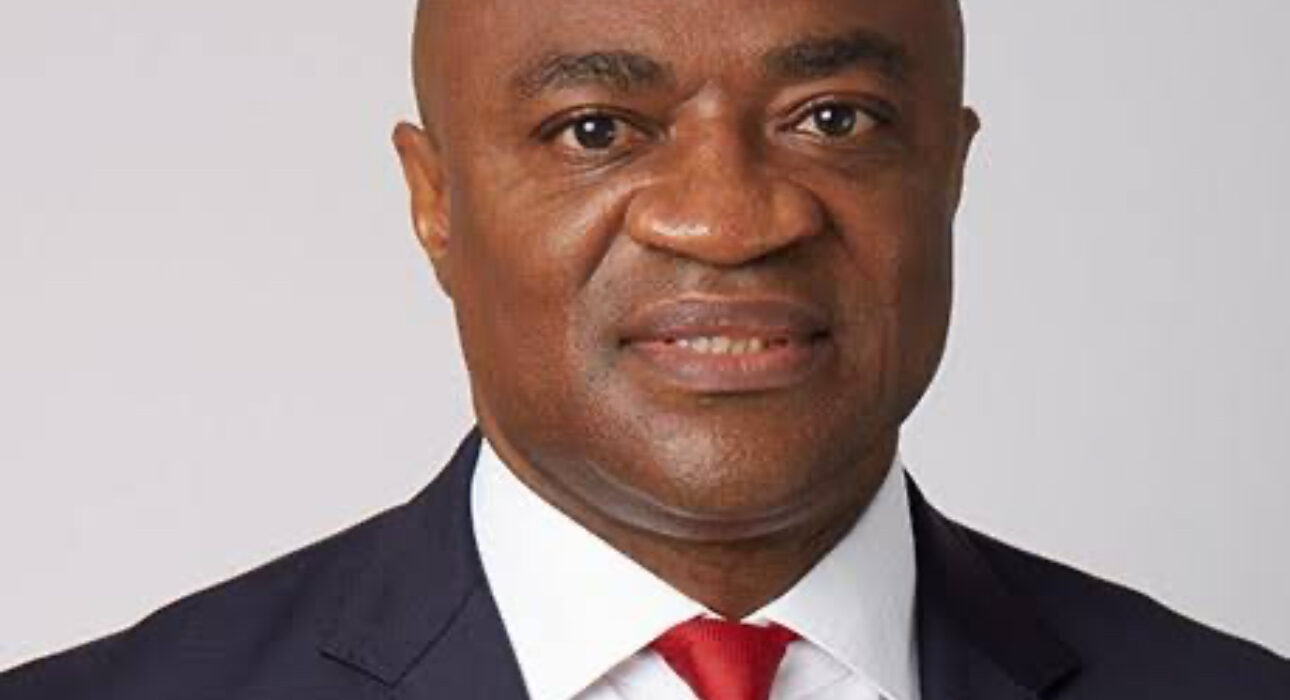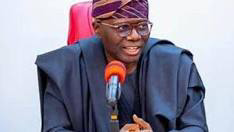UBA’s CEO Urges Tax Incentives to Propel Nigeria’s Economic Progress

Oliver Alawuba, the Group Managing Director/CEO of United Bank for Africa (UBA), has urged the Nigerian government to implement strategic tax incentives to foster economic transformation and help the nation move toward realizing a $1 trillion economy by the year 2030.
During a recent economic forum, Alawuba highlighted the necessity for specific reforms, stressing that Nigeria must shift from a resource-driven economy to a diversified and industrialized one. He argued that well-structured tax incentives could serve as a catalyst for attracting investment in critical areas such as infrastructure, manufacturing, technology, and services.
“To achieve a $1 trillion economy, we need to unlock growth across all sectors,” Alawuba remarked. “This will necessitate bold economic reforms, central to which is a tax system that incentivizes investment, fosters innovation, and lowers business costs.”
He pointed out that Nigeria’s current tax system is lacking, with a tax-to-GDP ratio significantly below the African average. While acknowledging the importance of revenue collection, he cautioned that excessive taxation of productive sectors might stifle innovation and discourage investors.
As indicated by the Federal Inland Revenue Service (FIRS), Nigeria’s tax-to-GDP ratio is slightly over 10%, compared to the continental average of 16.5%. Experts argue that improving tax policies rather than merely increasing tax rates will enhance compliance, stimulate investment, and expand the tax base.
Joining Alawuba in this appeal is Tony Elumelu, UBA Chairman and founder of the Tony Elumelu Foundation, who is a long-time advocate for taxation policies that encourage entrepreneurship and promote the private sector.
Elumelu has previously highlighted the importance of making business operations easier, including reforming taxes that may deter small and medium enterprises (SMEs), as essential for Nigeria to compete globally. He proposed that the government should adopt performance-based tax incentives to reward companies investing in local production, job creation, and infrastructure improvement.
“We cannot build our economy by punishing productivity,” Elumelu stated in a prior interview. “Governments should create the right incentives to encourage businesses to invest, expand, and hire.”
UBA’s leadership views tax reform as crucial for achieving double-digit GDP growth, which they believe will help the country reach its ambitious economic goals. As Africa’s largest economy by nominal GDP, Nigeria faces challenges such as inflation, unemployment, currency instability, and infrastructure shortages—issues that require immediate and strategic solutions.
In conclusion, Alawuba called for a joint effort among the government, private sector, and development partners to create a more resilient, inclusive, and investor-friendly economy. “Policies that promote real sector growth must be prioritized. Tax incentives are not mere handouts—they are strategic instruments for national development,” he stated.







